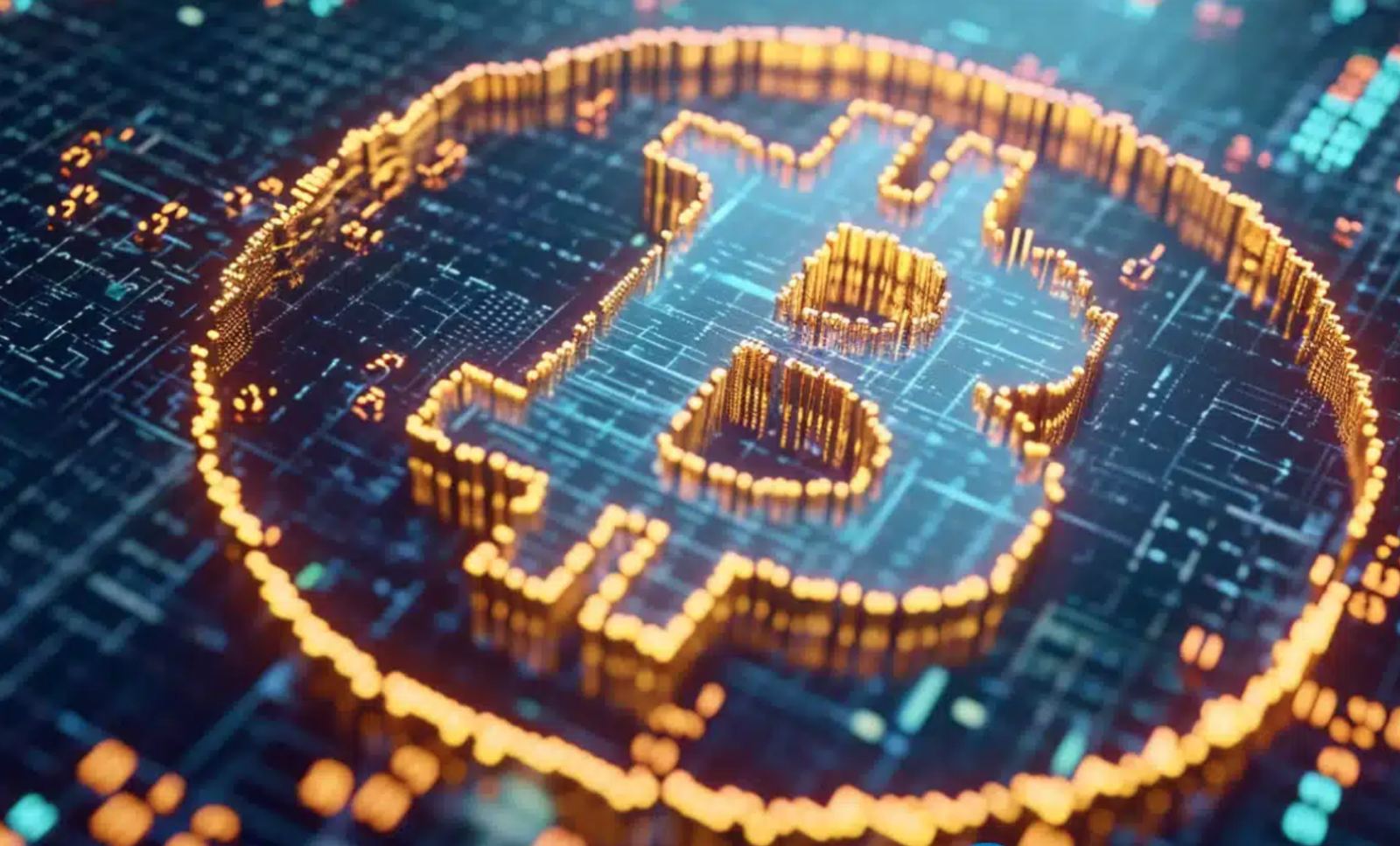How does Bitcoin ETF overcome the "firewall" of US law?
High security, great value, low impact and easy "money laundering" are the basic reasons why Bitcoin is recognized in the US. On January 10, the US Securities and Exchange Commission (SEC) approved regulations allowing the creation of a Bitcoin exchange fund, also known as "Bitcoin ETF". Accordingly, investors can buy and sell shares in the fund like regular stocks.
On January 10, the US Securities and Exchange Commission (SEC) approved regulations allowing the creation of a Bitcoin exchange fund, also known as "Bitcoin ETF". Accordingly, investors can buy and sell shares in the fund like regular stocks. The Bitcoin ETF fund operates like a regular investment fund, priced according to net asset value, specifically the price of Bitcoin on the market. This is considered a test step before Bitcoin in particular and cryptocurrencies in general are legalized on a broader scale. Therefore, the birth of Bitcoin ETF marks a turning point in the history of virtual currency, which has almost been recognized as a legal asset (money) in the US.
The Bitcoin ETF fund operates like a regular investment fund, priced according to net asset value, specifically the price of Bitcoin on the market. This is considered a test step before Bitcoin in particular and cryptocurrencies in general are legalized on a broader scale. Therefore, the birth of Bitcoin ETF marks a turning point in the history of virtual currency, which has almost been recognized as a legal asset (money) in the US. The decision paves the way for the conversion of the Grayscale Bitcoin Trust, which holds around $29 billion in cryptocurrency - into an ETF, as well as the launch of competing funds from mainstream issuers such as iShares and Fidelity of BlackRock or Franklin Templeton and WisdomTree. The reason Bitcoin is favored for conversion is because it is the first virtual currency in the world, proving its stability through many fluctuations. According to preliminary estimates, the US Bitcoin market is worth more than $1,000 billion.
The decision paves the way for the conversion of the Grayscale Bitcoin Trust, which holds around $29 billion in cryptocurrency - into an ETF, as well as the launch of competing funds from mainstream issuers such as iShares and Fidelity of BlackRock or Franklin Templeton and WisdomTree. The reason Bitcoin is favored for conversion is because it is the first virtual currency in the world, proving its stability through many fluctuations. According to preliminary estimates, the US Bitcoin market is worth more than $1,000 billion. In a recent report, analysts at Bernstein predicted that in less than five years, 10% of the global cryptocurrency supply, or about $300 billion, will be managed by ETFs. . By the end of 2023, Bitcoin will increase in price by 150%, becoming the most profitable currency in the financial and monetary sector. Meanwhile, other assets such as oil, US dollars, euros, Yen, and Yuan seem to be stagnant. Normally, when an asset increases in price astronomically, there are two reasons: one is due to speculation and virtual transactions that inflate the price; Second, the actual demand is too great when the process of "mining" this coin is very complicated.
In a recent report, analysts at Bernstein predicted that in less than five years, 10% of the global cryptocurrency supply, or about $300 billion, will be managed by ETFs. . By the end of 2023, Bitcoin will increase in price by 150%, becoming the most profitable currency in the financial and monetary sector. Meanwhile, other assets such as oil, US dollars, euros, Yen, and Yuan seem to be stagnant. Normally, when an asset increases in price astronomically, there are two reasons: one is due to speculation and virtual transactions that inflate the price; Second, the actual demand is too great when the process of "mining" this coin is very complicated.
Who created Bitcoin and who operates it? Still a question not fully answered. But people absolutely believe in the impenetrable security of the "blockchain chain". They do not go bankrupt or stop working like USD or Euro.
Unlike conventional currencies or assets - which are tied to a specific "standard", for example the US USD relies on oil, most other currencies rely on gold or USD reserves. The downside of this is that it is easily affected by economic fluctuations. But Bitcoin is not tied to anything. About 10% of the richest people on the planet hold about 85% of the world's assets, of which 1% of the super-rich are said to be the total manipulating force. Certainly virtual currencies and Bitcoin are not out of control.
With a huge value that cannot be quantified, Bitcoin is definitely a business that gathers leading tycoons. The US government alone owns at least 200,000 Bitcoins worth 5.5 billion USD after several confiscation raids. In the modern capitalist environment, the line between politicians and capitalists is blurred, economic and political relationships are intertwined. This is manifested in the phenomenon of "policy lobbying", raising funds to support US presidential candidates as well as federal and bicameral congressional seats.







































